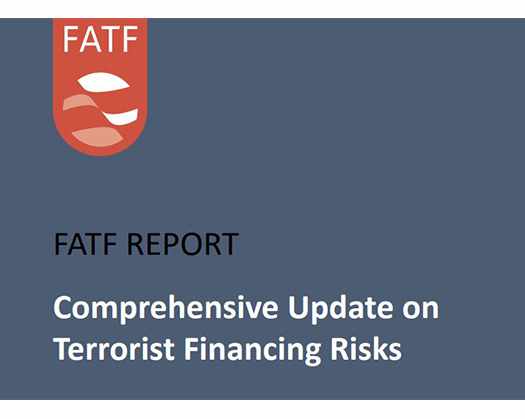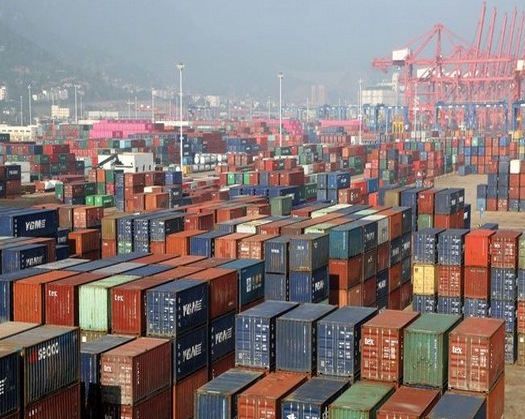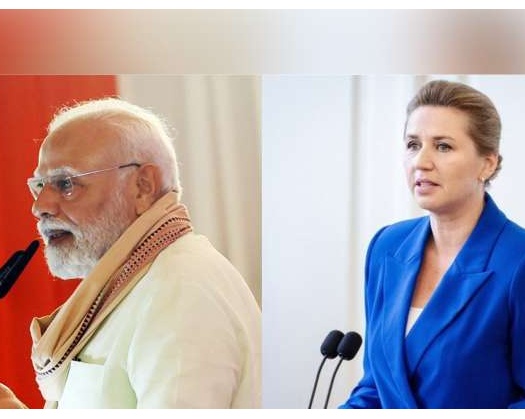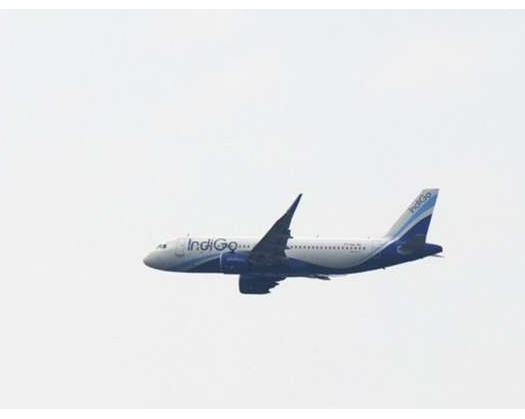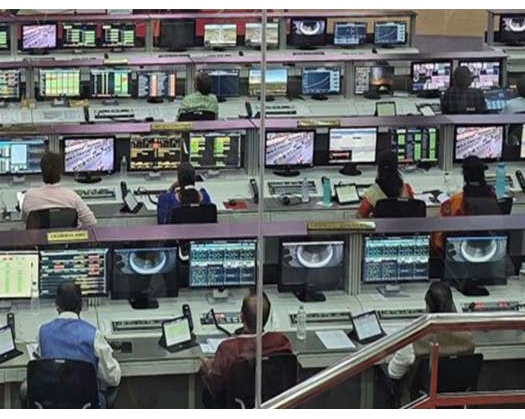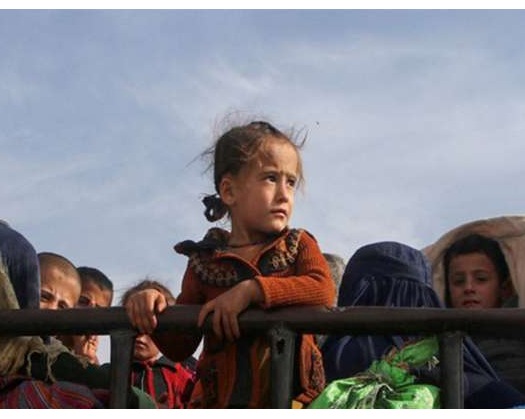New Delhi: In its most recent report, the global money laundering and terrorist financing watchdog FATF introduced the notion of state-sponsored terrorism for the first time, emphasizing that such funding is a longstanding threat to international peace and security, as well as the stability of regional financial and political systems.
State-sponsored terrorism refers to a government's active funding of terrorist activities as part of its official policy.
Previously, India had recognized and classified state-sponsored terrorism from Pakistan as a terrorist financing risk in its 2022 ML/TF risk assessment.
The Financial Action Task Force's (FATF) July 2025 findings support India's longstanding stance on state-sponsored terror financing.
The FATF report also examines the financing habits of terrorist organizations LeT and JeM. It mentioned that terrorists utilized an eCommerce platform to procure supplies for a terrorist assault in India.
Referring to the Pulwama assault in February 2019, which killed 40 paramilitary soldiers in a suicide attack on a convoy of Indian security forces.
India's authorities determined that the assault was carried out by Jaish-e-Mohammed (JiM). Investigations uncovered the border crossing of a significant amount of explosives into India. Notably, the EPOM Amazon provided aluminum powder, a vital ingredient for the improvised explosive device utilized in the attack, according to the FATF study.
This material was utilised to increase the explosion's intensity, according to the report.
Among other findings in the FATF study, it highlighted decentralization as one of the most prevalent characteristics of global terrorist activities in recent years.
For example, the FATF observed that Al Qaeda (AQ) has used a centralized consultation council, or Majlis alShura, to make key strategic decisions, including financial management, over the years.
As the organization has gradually transitioned to a decentralized structure, its loose central components now depend on regional branches to conduct operations and generate funds. These include Al-Qaida in the Islamic Maghreb (AQIM), Al-Qaida in the Arabian Peninsula (AQAP), Jama'a Nusrat ul-Islam wa al-Muslimin (JNIM), Al-Qaida in the Indian Subcontinent (AQIS), and Al Shabaab, according to the FATF.
The Financial Action Task Force (FATF) is an independent, intergovernmental organization that creates and promotes policies to safeguard the international financial system from money laundering, terrorist financing, and the funding of weapons of mass destruction proliferation. The FATF recommendations are regarded as the worldwide standard for anti-money laundering (AML) and counter-terrorist financing (CFT).
The most recent thorough update on terrorist financing (TF) risk was published in 2015.
Terrorists have repeatedly shown the capacity to use the worldwide financial system to fund their operations and conduct attacks over the last decade. While the approaches they use can vary greatly, the overall trend demonstrates their flexibility and commitment. According to the report's executive summary, this ongoing misuse of the financial system constitutes a grave risk to global security and damages international peace.

